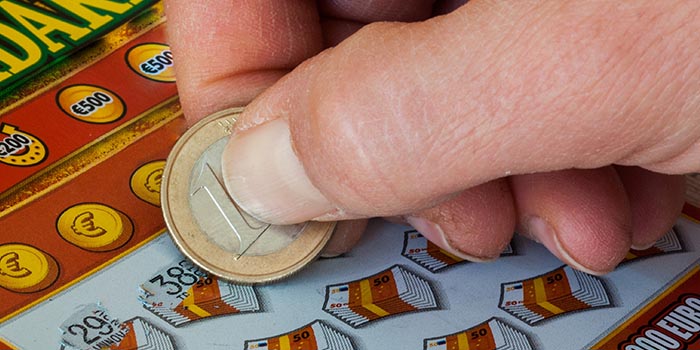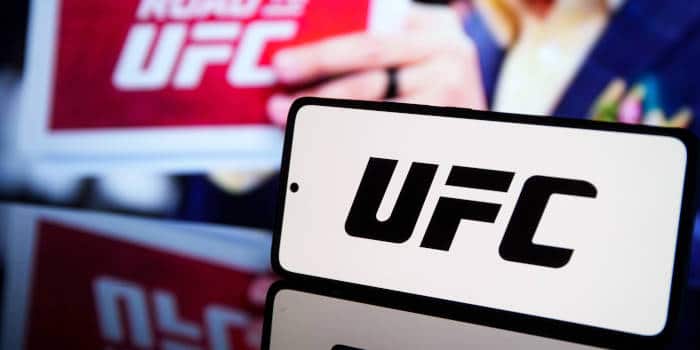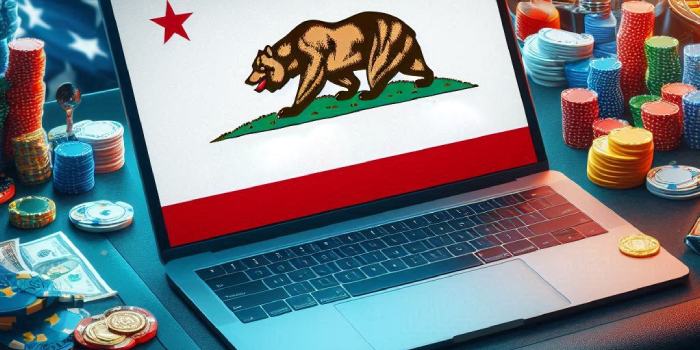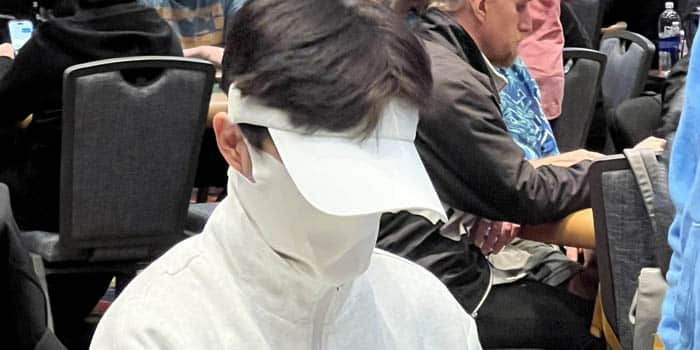- Casino
- By State
- Alabama
- Alaska
- Arizona
- Arkansas
- California
- Colorado
- Connecticut
- Delaware
- Georgia
- Florida
- Hawaii
- Idaho
- Illinois
- Indiana
- Iowa
- Kansas
- Kentucky
- Louisiana
- Maine
- Massachusetts
- Maryland
- Michigan
- Minnesota
- Mississippi
- Missouri
- Montana
- Nebraska
- Nevada
- New Hampshire
- New Jersey
- New Mexico
- New York
- North Carolina
- North Dakota
- Ohio
- Oklahoma
- Oregon
- Pennsylvania
- Rhode Island
- South Carolina
- South Dakota
- Tennessee
- Texas
- Utah
- Vermont
- Virginia
- Washington
- West Virginia
- Wisconsin
- Wyoming
- By State
- Slots
- Poker
- Sports
- Esports
Fact-checked by Velimir Velichkov
Millions of Americans Use Sweepstakes Resembling iGaming
The lack of regulatory framework permits sweepstakes operators to reach new customers across the country

There are only seven states that offer legal online casino gambling in the United States. Although the expansion of the activity is expected to resume in 2025, as predicted by DraftKings CEO Jason Robins recently, so far, iGaming is limited to a handful of markets, especially when compared to sports betting.
While online casino gambling is legal only in seven states, millions of Americans are playing online casino games with real money through websites and applications known as sweepstakes. Promoting themselves as social casinos, sweepstakes enable customers to engage in popular online casino games. Although they are initially lured with free virtual currency, to continue playing, customers have the option to purchase more tokens with real money.
Sweepstakes Exploit the Social Casino Model
In a new investigative report, The Washington Post probed into the popularity of sweepstakes, telling the story of one gambler who lost thousands and warning about the exponential expansion of the vertical. Sweepstakes operators, despite some pushback from the legal gambling sector and lawmakers across the United States, continue to operate in a legal gray area, targeting Americans.
Generally speaking, social casinos offer players access to games such as slots or blackjack without the need to use real money. Usually, such social casinos provide free tokens that do not have monetary value and are used in different games.
In contrast, sweepstakes operators leverage a slightly different model that initially grants online players free virtual currency but once this currency runs out, they have the ability to purchase more with real money. Although the virtual currency or “coins” cannot be exchanged for real money but can be purchased with real money, sweepstakes operators also offer “sweeps” coins, which are purchasable with real money and can be exchanged for such.
Billions Are at Stake
The use of “sweeps coins” effectively enables sweepstakes operators to offer real money gambling via poker, slots, blackjack or other casino games. But unlike licensed online gambling operators, sweepstakes do not fall under the scope of gambling regulators across the United States. This otherwise means that while such providers are offering real money gambling, they do not pay taxes for those activities.
To make matters worse, billions are at stake. According to data from Eilers & Krejcik Gaming, in 2023, sweepstakes attracted $6 billion in sales from players across the US while the revenue of those operators was estimated at $1.9 billion. In contrast, the American Gaming Association estimated that the country’s legal online gambling vertical generated $6.1 billion in revenue last year.
Fears about the detrimental impact of sweepstakes are not unfounded, considering the lack of sufficient controls, including anti-money laundering and player protection policies. The recent analysis from The Washington Post told the story of a 41-year-old man called Erik. The man who started gambling with sweepstakes operators initially funded his account with $10 or $20. However, pushed by gambling addiction, Erik ultimately spent a staggering $100,000 on such games in 2023.
Despite the fears about the impact of sweepstakes, US lawmakers are yet to implement legislation that effectively regulates or prohibits such games. In the meantime, those operators offer their services to millions of Americans and continue to grow their audiences.
Related Topics:
Jerome brings a wealth of journalistic experience within the iGaming sector. His interest in the industry began after graduating from college, where he regularly participated in local poker tournaments. This exposure led him to the growing popularity of online poker and casino rooms. Jerome now channels all the knowledge he's accrued to fuel his passion for journalism, providing our team with the latest scoops online.
Must Read
More Articles



Sports
July 10, 2025
NJ Bans Sportsbook Deals With Public Colleges

Casino
July 10, 2025
Mohegan Sun Guest Wins $2M Gambling in Spanish 21















